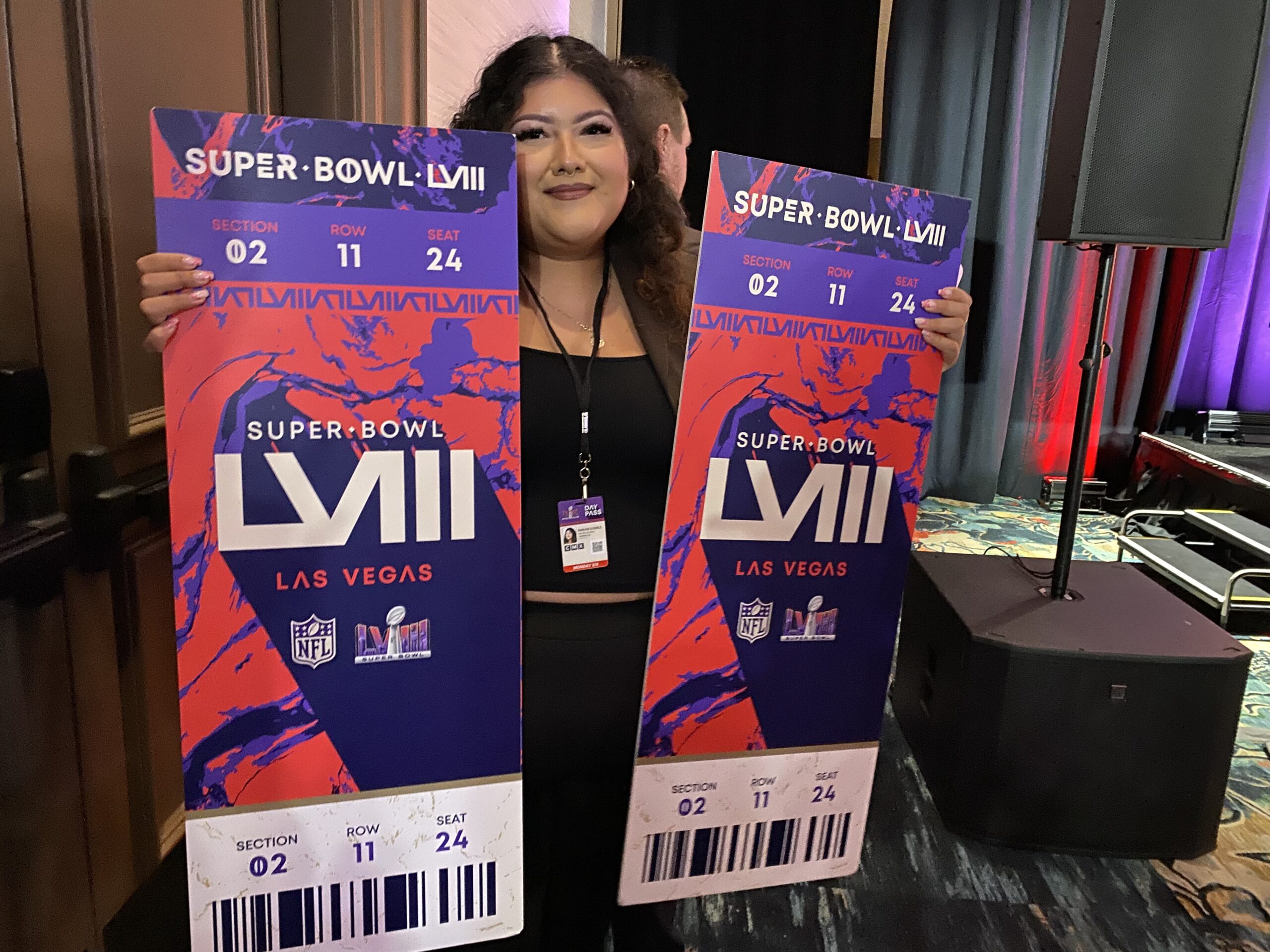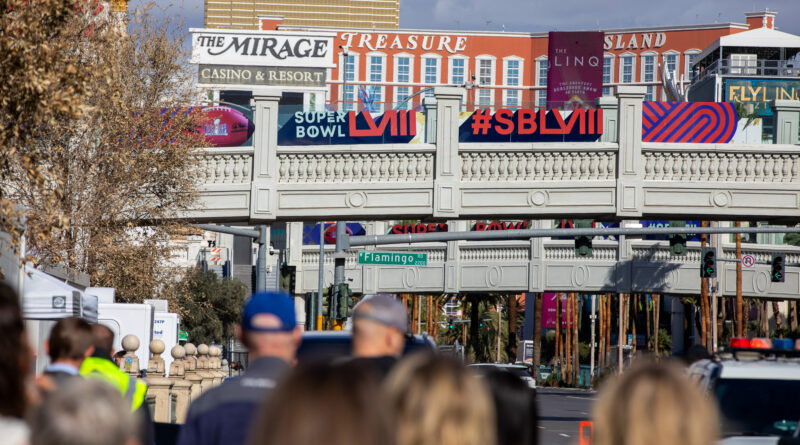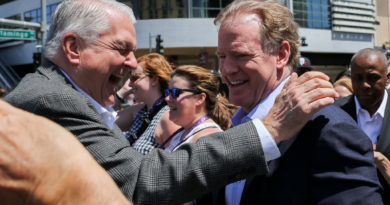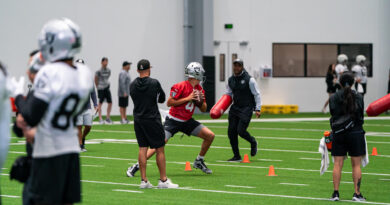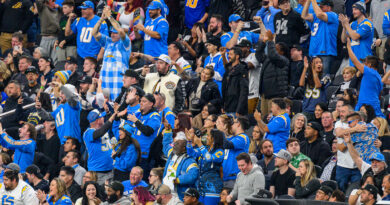Murky Waters Of Economic Impact Numbers: Shifting Visitor Numbers, Different Impact Formulas Create Varying Results
ADVERTISEMENT
Shop at Jay’s Market at 190 East Flamingo Road at the Koval Lane intersection. Jay’s Market is the official presenting sponsor of LVSportsBiz.com’s Super Bowl 58 coverage.
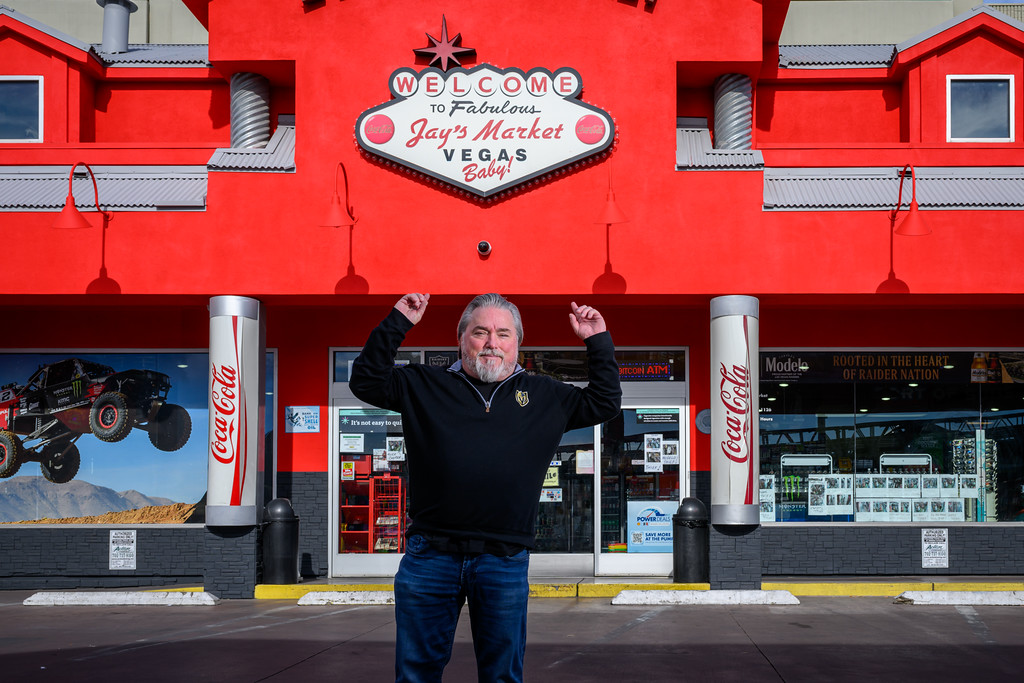
ADVERTISEMENT
By Alan Snel, LVSportsBiz.com Publisher-Writer
“Super Bowl brings an economic impact of approximately $500 million plus and we believe Vegas has the potential to blow that out of the water.” — NFL Commissioner Roger Goodell to Las Vegas Chamber of Commerce audience in January 2020.
*
The truth about big sports events and economic impacts is nobody can say how exactly how much the host community net income is for a Super Bowl or Formula 1 race in Las Vegas.
The numbers keep changing.
Jeremy Aguero, a Las Vegas-based consultant for the Las Vegas public tourism agency that promotes the Vegas market, initially said the Super Bowl would have an impact of $600 million. That was the number publicized by the Las Vegas Convention and Visitors Authority (LVCVA), which keeps Aguero’s firm, Applied Analysis, on monthly retainer.
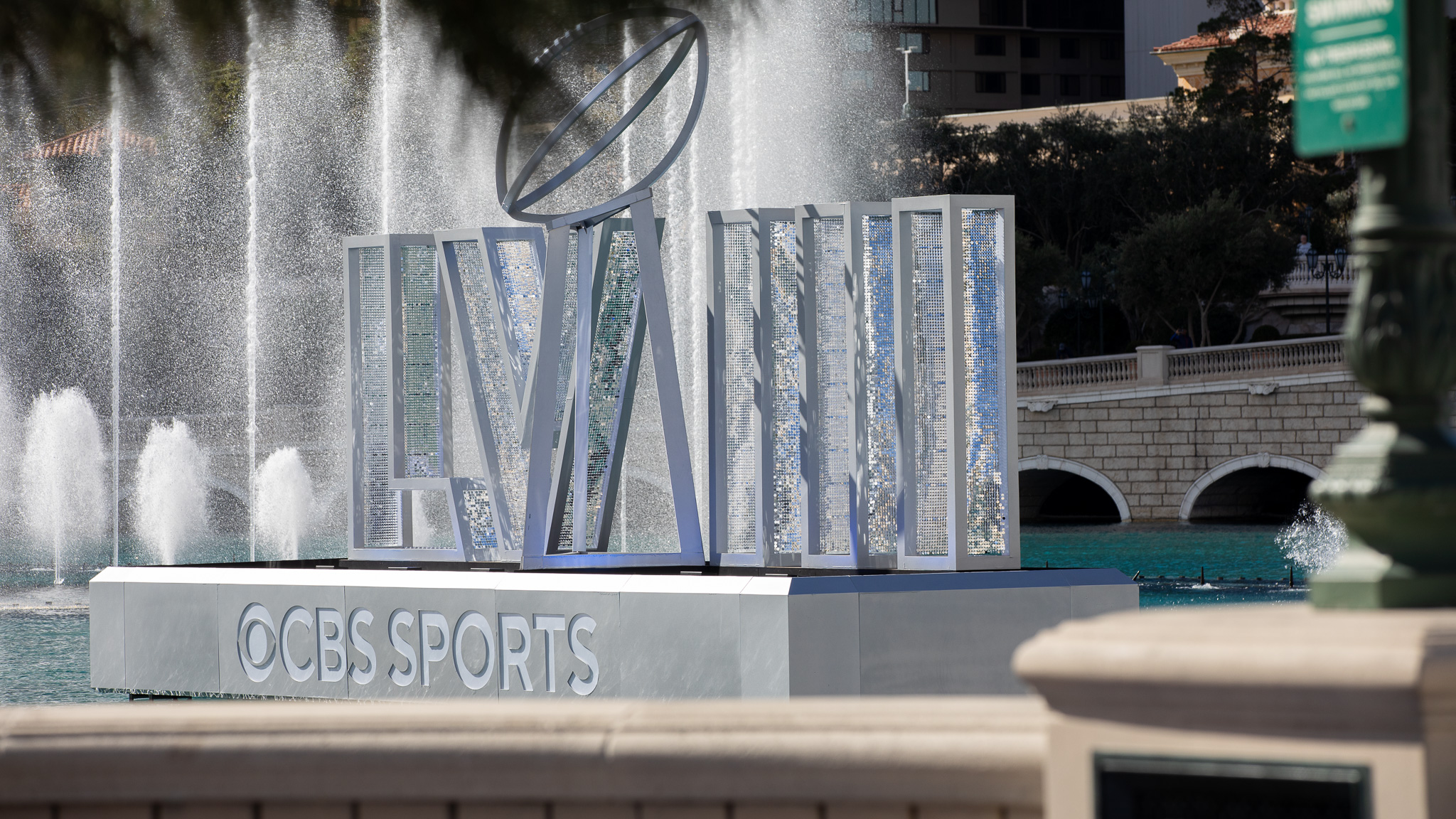
But Aguero mentioned more recently during Super Bowl 58 week that Super Bowl visitors spend more than typical Vegas tourists. So the gross Super Bowl spending is more than $1 billion. But then displacement brings that number to $800 million, said Aguero, who also works for the Athletics on their stadium project in Las Vegas and was a former Raiders executive after he worked for the Las Vegas Stadium Authority Board as a consultant.
Whether Aguero’s $800 million number blows Goodell’s $500 million number “out of the water” is up for the reader to decide.
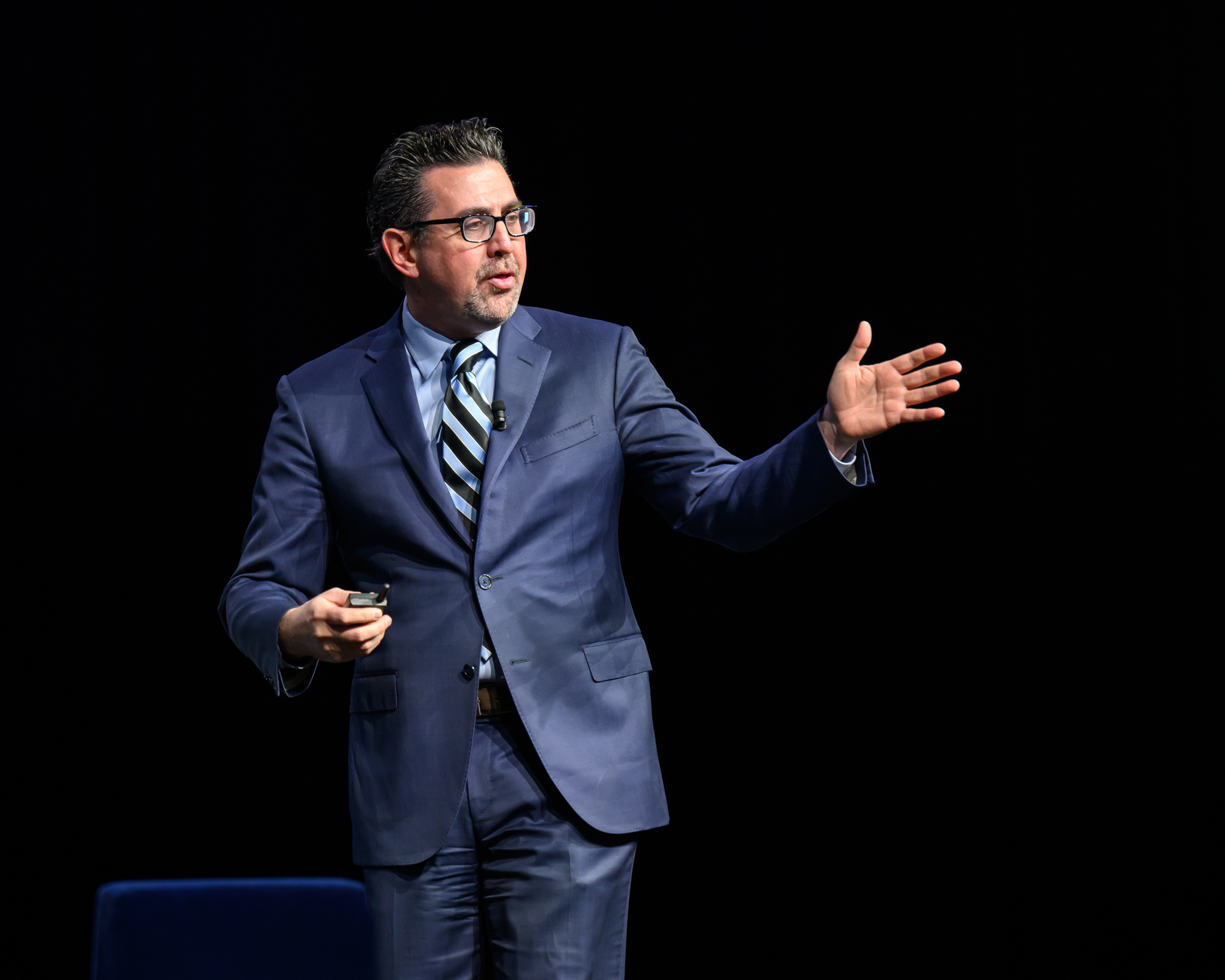
But is the $800 economic impact even accurate? We don’t know. The methodology of deriving the number was not disclosed. Last year in Phoenix, the Super Bowl supposedly generated $1.3 billion in impact for that market, but the public was not told how that number was reached. The year before that in 2022 in Los Angeles, the economic impact numbers were $1 billion less than Phoenix’s.
An outspoken critic of what he believes are inflated economic impact numbers is J.C. Bradbury, an economics professor at Kennesaw State University in Georgia.
“Every year tourism boosters, local politicians, and hire consultants put out bigger and bigger numbers that are not grounded in reality. When you look at the economic impact of people visiting an area and spending money, you can’t just count who is there and how much they are spending,” Bradbury pointed out.
“It has to be compared to what would have occurred if the event hadn’t taken place. People are always visiting Las Vegas, so no matter how many people come, they are mostly displacing guests who otherwise would have been in town spending money, perhaps gambling instead of participating in Super Bowl events. I suspect that the economic impact for Las Vegas is quite small,” he said.
“Having in in Detroit or Minneapolis (where few people travel in winter) is more likely to have a larger effect,” Bradbury said. “When economists study the impacts of megaevents like the Super Bowl, they find very limited economic benefits, because most of the spending is from displacement, not net new spending.”
At first, the LVCVA, the Las Vegas public tourism agency, estimated 325,000 visitors were coming to Las Vegas. The number was nudged up to 330,000. Then 450,000 was floated. Now, the media is reporting half a million Las Vegas visitors for Super Bowl 58.
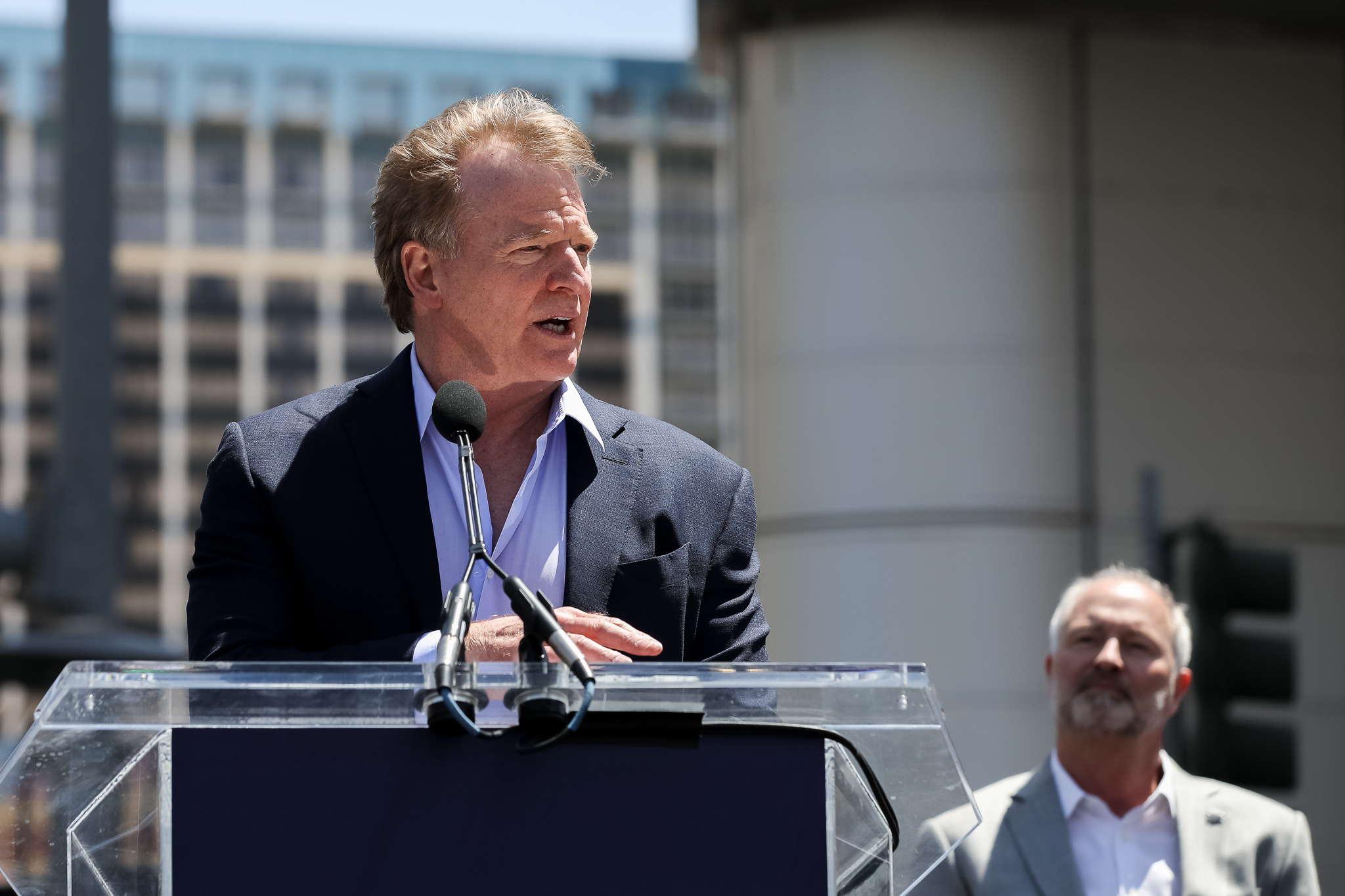
Those tourist numbers will influence overall tourist spending numbers.
But the problem is determining their per capita spending and how much tourism dollars were lost when visitors stayed away this week because they did not want to deal with the traffic, crowds and ordeals of a major event in town?
And as we have reported before, the Las Vegas market already was drawing 300,000 visitors on Super Bowl weekend even without hosting a Super Bowl.
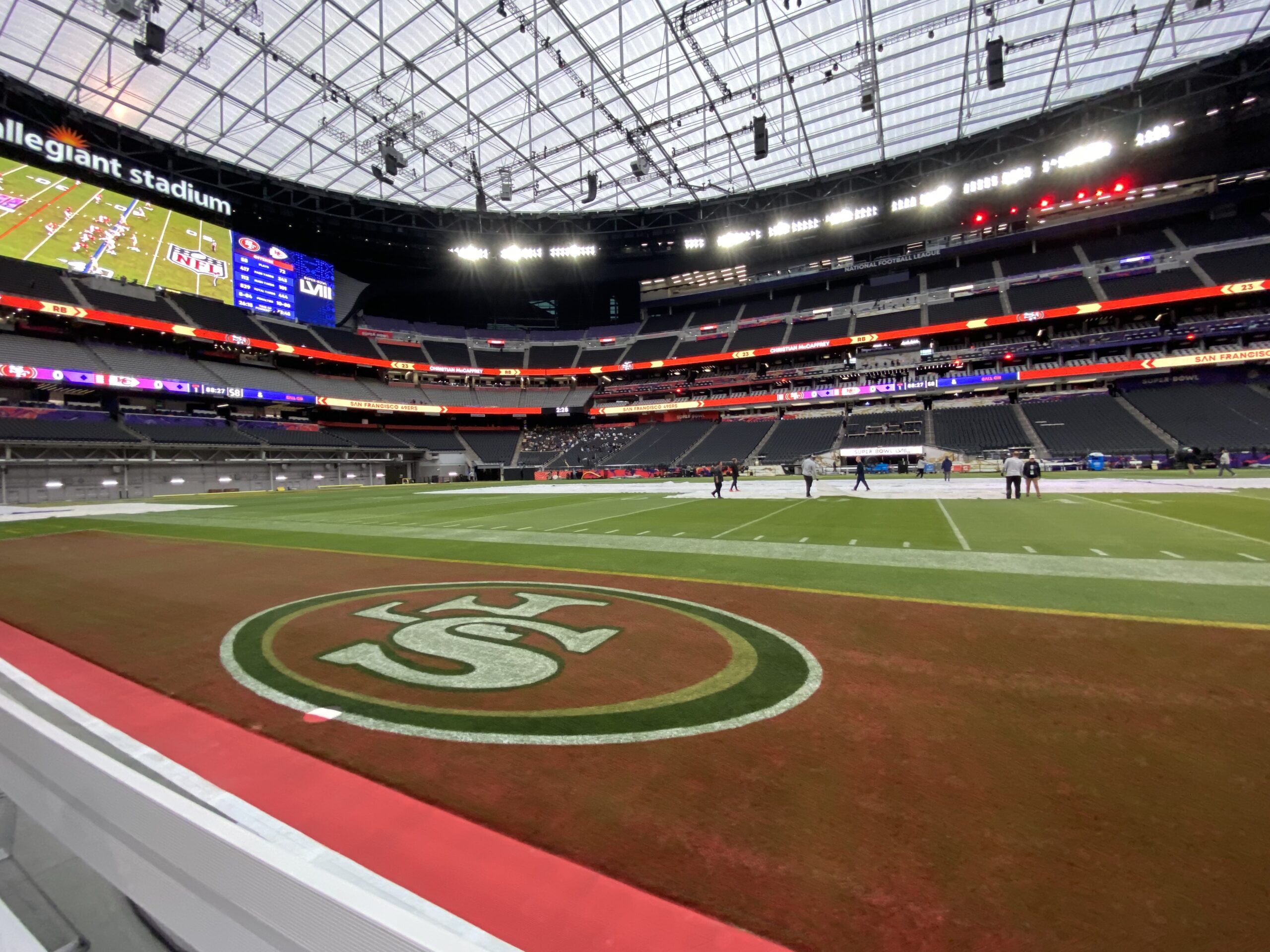
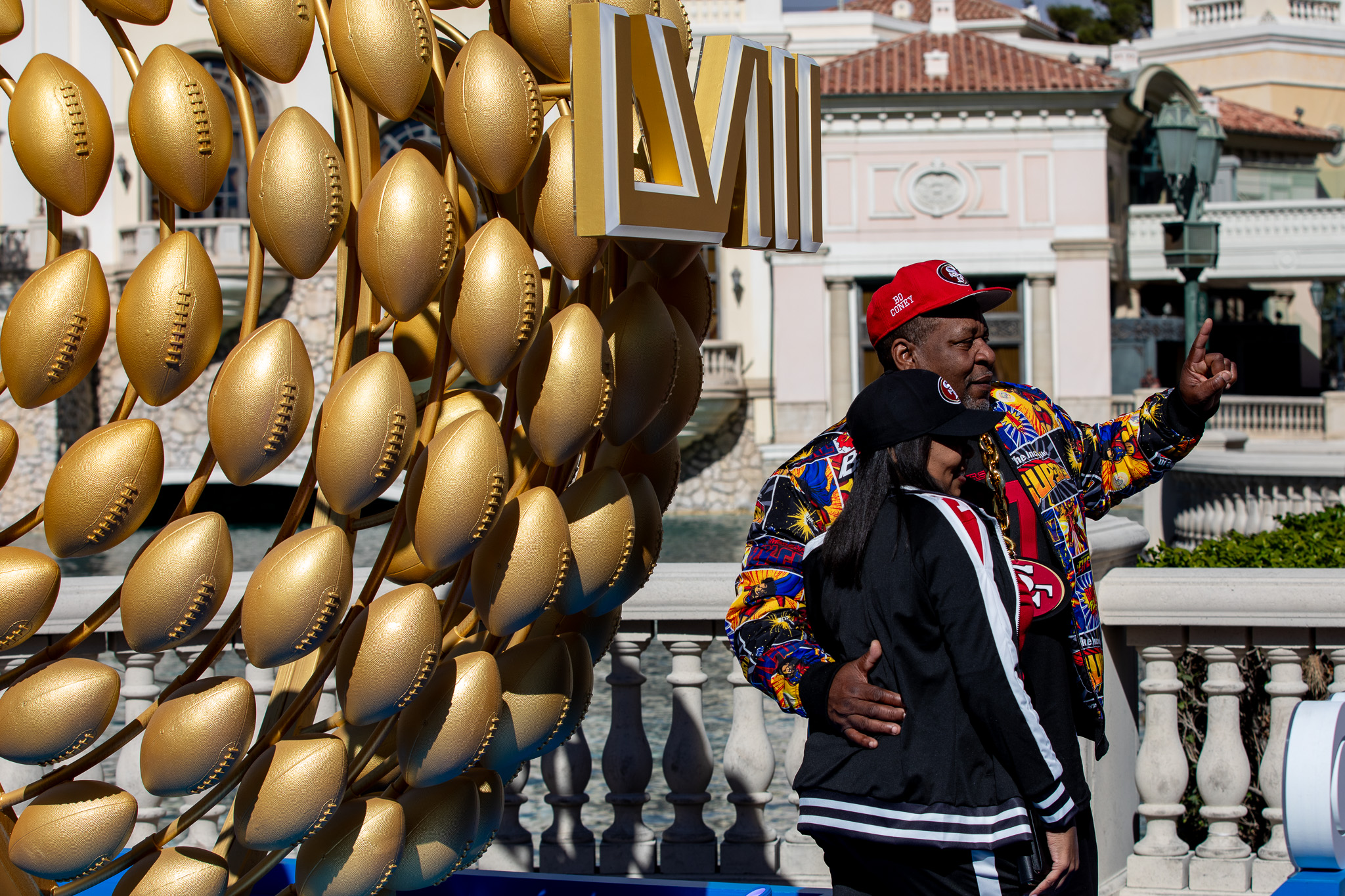
If the numbers are all over the place, why are they generated in the first place?
These numbers carry economic clout.
It has to be compared to what would have occurred if the event hadn’t taken place. People are always visiting Las Vegas, so no matter how many people come, they are mostly displacing guests who otherwise would have been in town spending money, perhaps gambling instead of participating in Super Bowl events. I suspect that the economic impact for Las Vegas is quite small — J.C. Bradbury, economics professor at Kennesaw State University in Georgia.
Aguero, who also is a member of the Las Vegas Super Bowl Host Committee and often lauds the Las Vegas sports growth during his many speaking engagements in Las Vegas, produces economic numbers that are used by sports boosters to justify public money being spent on events and venues.
The chamber and Vegas boosters also point out Las Vegas is getting free publicity thanks to the media attention on the Vegas market for Super Bowl 58.
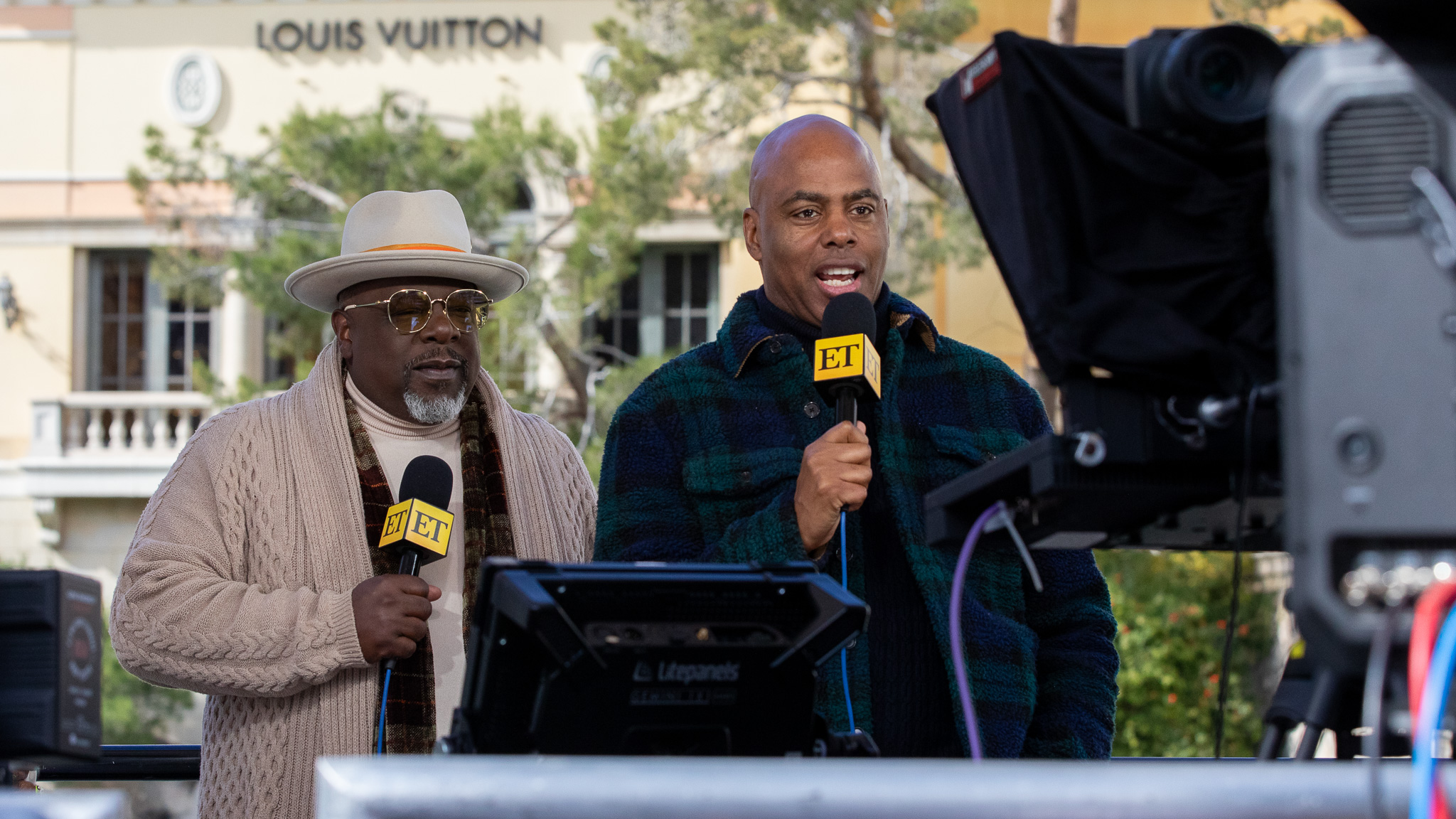
The LVCVA approved $40 million to help put on Super Bowl 58.
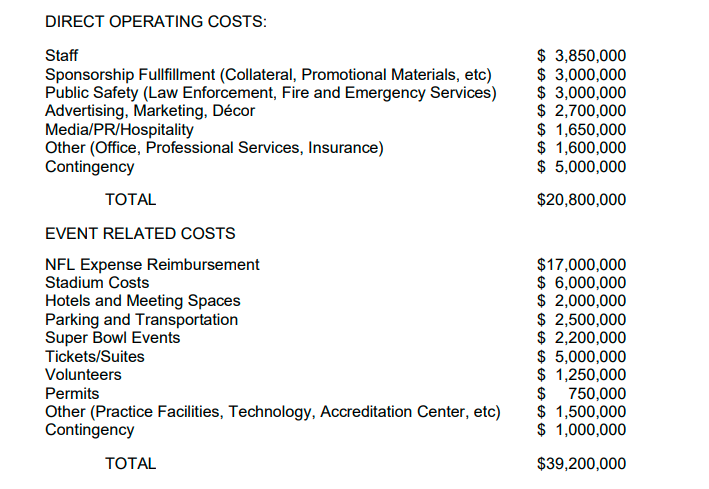
What’s fascinating is that while the economic spending and impact numbers vary greatly, there is also one benefit that often is downplayed — the civic pride and public energy in Las Vegas with a Super Bowl in town. How do you measure that feeling?
Like the economic numbers, that one is hard to measure, too.
